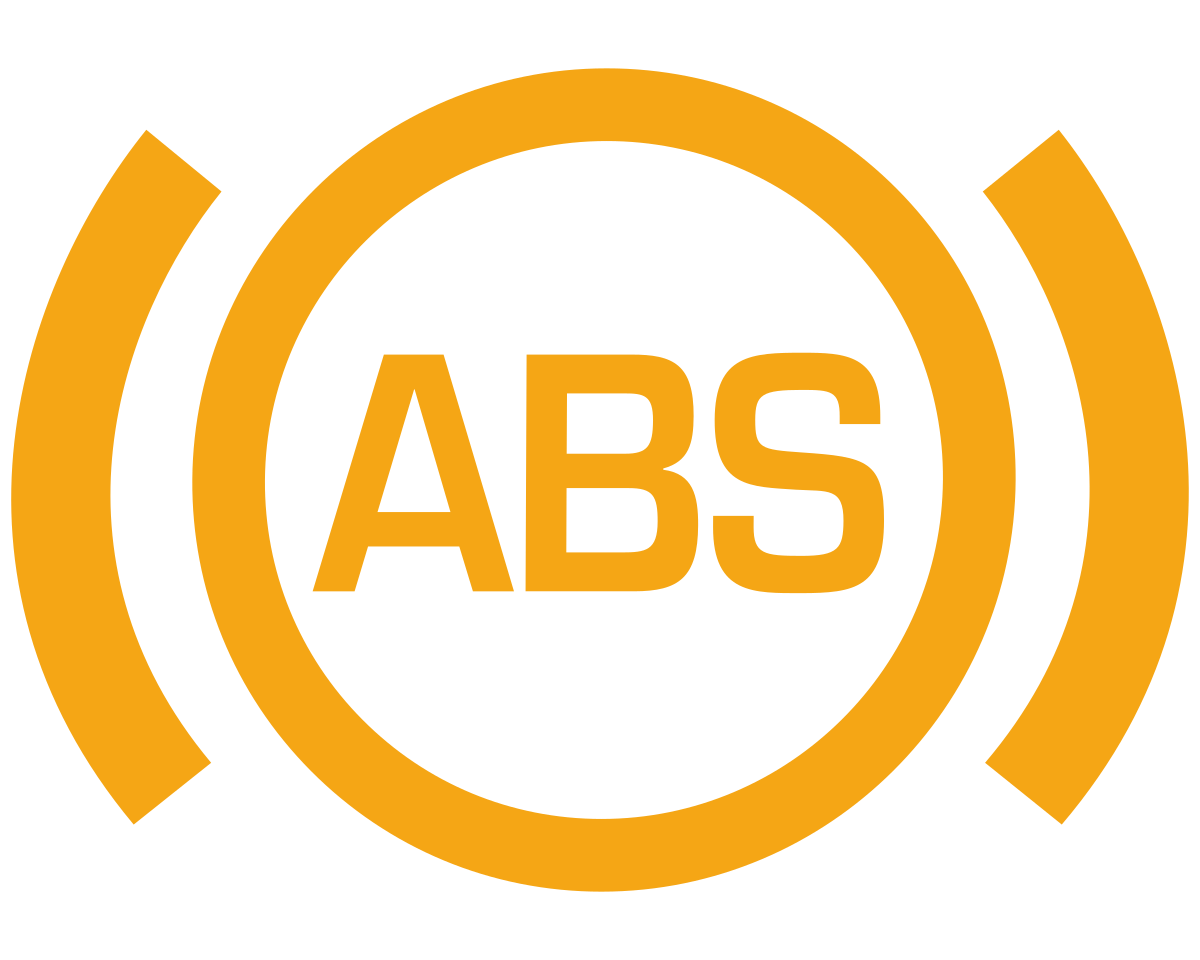Roadghost
Well-known member
To answer the OP's original post: yes, it is absolutely a good idea to get ABS if you are a new rider. I don't have it on any of my bikes. Never gone down because I don't have it. The idea of ending up half-way into an intersection because ABS kicked in doesn't appeal to me. But I'm sure that once you have ABS and you know your bike it is an asset. I'm pretty old-school and I expect certain things from my bike. I expect it to lock up. I want it to lock up sometimes. That's a tool in my accident avoidance arsenal. However, a new rider who has no dirt bike experience isn't going to have those skills. ABS is the way.




















